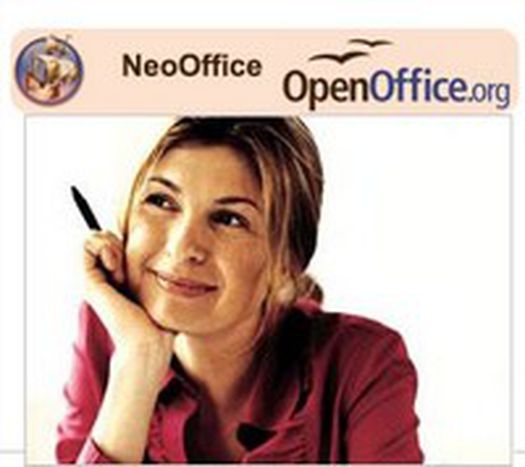
Trust me, I'm Microsoft
Published on
On 17 September the European Union's second highest court slaps Microsoft with a 500 million euro fine for violating antitrust regulations and abusing its monopoly of the market - they have two months to appeal
The European Commission first brought landmark sanctions against Microsoft and its Windows operating system in 2004. On 12 July 2006 EU antitrust commissioner Neelie Kroes fined it 280.5 million euros – but it didn't end its illegal conduct.
On 18 May 1998, the 25-year-plus Redmond, Washington-based software giant already faced the 'United States v. Microsoft', a set of civil actions taken by rival firms and civilian groups. Grass roots efforts include websites such as Microsuck and the Microsoft Boycott Campaign. Local associations include the 'French speaking Linux and Libre Software Users Association' and pan-European ones such as the Free Software Foundation Europe (FSFE). Other official umbrella organisations bring together academics, technicians and anyone who condemns proprietary software. These groups reject Microsoft's chokehold and promote 'free software' (FS) - the freedom to study, modify, improve, and distribute the source code.
Web browser Firefox, created by the Mozilla Foundation, increased its slice of the market by 23% in July 2007, overtaking Microsoft Explorer in most of Europe. But it lags behind in France. Guillaume Yziquel, assistant to Georg Greve, FSFE president, explains the efforts made in Europe to develop FS to counter monopolistic tendencies in light of the current case at the the European Court of First Instance.
Did the FSFE develop explicitly as an alternative to closed software?
Yes and no. FSFE began as a sister organisation of the American FSF, to promote FS in accordance to European mentality (which is usually less conflicting). FSFE was founded in 2001, at the same moment that the European Commission started investigating Microsoft's commercial practices and monopoly over the desktop market. We oppose Microsoft, a major player in proprietary software, and other FS licence violations (Skype was found guilty of violations in Germany on 24 July 2007).
Is free software – such as Ubuntu or GNU/Linux - a viable option? Is Microsoft losing its current hold over the market?
It is a viable option. There are still rough edges, notably in the laptop market, where hardware is designed to take into account Microsoft's operating system rather than Linux kernels. But the situation is gradually changing. The GNU/ Linux laptop experience is getting better for the average user.
What people do not realise when saying Linux is ridiculous in terms of market share, is that FS is not only about operating systems, but also about many programmes, such as Firefox or OpenOffice, which also run on Mac OS X and Windows. FS is definitely an alternative to proprietary software. It is no longer so associated with computer geeks. I cannot comment on Microsoft losing its current hold. However, FS solutions are professional solutions and have gained momentum in recent years.
How do you explain the growth of Microsoft’s monopoly?
Microsoft gained predominance in the desktop market after a deal they struck with IBM in November 2003. They maintained their lead essentially through legal engineering, standards manipulation and an intended lack of interoperability. They then worked hard to abusively leverage their dominance into other segments, aiming to control Internet protocols (IP).
How do you promote free software to individuals and at a more institutional level?
The FSFE works with other associations to promote FS both locally and pan-nationally. We work with the EU and the UN to protect FS. As a grass roots movement, our role is to instigate interaction between this movement, the industry and institutions. Mainstream free softwares get people acquainted with FS. Even if these consumers do not switch immediately to say GNU/Linux, they will be the incentive for companies to propose FS.
Until then, we have to promote FS to political institutions. This is not easy. For instance, the French government lobbied and then legislated to prohibit certain free softwares at the end of 2005. Even though it is illegal in France to sell a computer bundled with a service such as an end-user license agreement for Windows, the French competition authorities have not moved against this practice. We promote FS via media outreach, coordinated with other FS associations and political institutions, license enforcement, lobbying in Brussels to contact companies on violation issues.
You are a European wide foundation. But the involvement of different countries causes an imbalance - do they all have the same interests in free software, in spite of different technological developments?
At its beginning, the foundation was truly European, with important German participation. Cultural differences have resulted in the creation of an independent FSF France. People generally have the same interest in FS. But the linguistic and cultural diversity of Europe is a problem we face when we co-ordinate media outreach, for instance. Western Europe has more experience with FS than the east or central Europe. Here, intellectual property tends to be blindly adopted on the basis that is 'liberalism' and therefore good.



